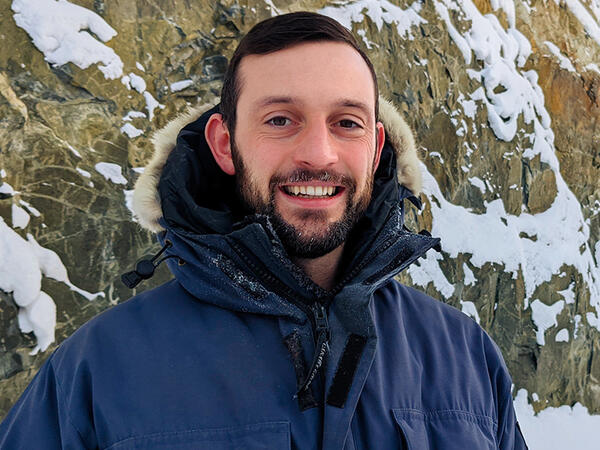Jeffrey
Hoch
Centre for Research on Inner City Health, St. Michael’s Hospital
30 Bond Street
Toronto ON M5B 1W8
Canada
Area of Research
Jeffrey Hoch’s health economics research focuses on analyzing cost effectiveness of publicly funded drugs and treatments. In particular, he develops methods for modelling-based and person-level cost-effectiveness analysis. His research interests include health services research related to cancer, mental health, and health issues affecting poor and vulnerable populations.
Research Challenge
In Canada, provincial governments publicly fund some drugs, but the resources available to cover the cost of drugs are finite. Each province and territory needs information on a drug’s clinical and cost effectiveness to decide which drugs it will fund. Health economists aim to answer complex questions to help governments make smart decisions that balance the needs of the population with the limited resources available.
For example, they can help a government understand how many people a particular drug can help, how well it works, and whether it makes sense to purchase the drug. They also look at questions such as whether a government should fund a drug that will prolong the life of many people or a more expensive drug that may save the lives of a few, whether a drug will work as well in the “real world” as it did in clinical trials, and whether estimated costs of a drug are accurate.
Proposed Solution
Hoch uses data from scientific literature to create and evaluate economic models that improve cost-effectiveness analyses for decision makers. His team works closely with the Ministry of Health and cancer clinical trials groups to evaluate the cost effectiveness of cancer drugs and determine whether costs reported in the original clinical trials are accurate.
His team also studies how drugs are used in the real world and how changes to what was tested in clinical trials may result in different effectiveness and side effects from what clinical trials report. Based on this information, his unit develops cost-effectiveness models to provide evidence and recommendations to decision makers about funding various drugs and treatments.
Impact to date
Hoch’s research produces valuable information to enable decision makers to make smart choices that achieve the best outcomes for a population. He has produced a number of reports for Cancer Care Ontario on the cost-effectiveness of drugs, technologies, and diagnostic strategies. He also works with the Pan-Canadian Oncology Drug Review to help improve the use and communication of economic evidence related to cancer drugs.
